Having left school, I had a desire to travel and explore a region and continent that my family had not been to. This was hard when you had a family that had travelled extensively, but there was one totally unexplored, South America.
After a weekend of being run around the countryside, I passed the selection weekend for Operation Raleigh and choose to go to Chile, so in 1991 I packed my rucksack and flew out with other youngsters to South America. What followed were the most magical four months in Patagonia and its National Parks.
Words can not describe the raw beauty of landscapes, Condors soaring above your head nor the astonishing skills of the ‘Huasos’ their cowboys.
ABOUT CHILE
| Capital | Language | Monetary Unit | Population | Area | Time Zone | Passport / Visa |
|---|---|---|---|---|---|---|
| Santiago | Spanish | Chilean Peso | 18.9 million | 756,096 Sq. KM | GMT -6 | No Visa |
Chile is the world’s second longest country running 4,300km from North to South (Brazil is longer by 95km). Its geographical landscape and climate have been shaped by the two tectonic plates that converge along its coastline. To the North the beautiful Atacama Desert is considered the world’s driest desert separating the country from its northernly neighbours Peru and Bolivia.
Running 4,000 km down its eastern border are the Andes with their majestic volcanoes and glacial lakes. The central region often referred to as the ‘Lake District’ enjoys a Mediterranean style climate which makes it perfect for its bountiful vineyards, wines and pisco spirits. The port city of Puerto Montt acts as the gateway to the south, home to some of the most beautiful landscapes all teaming with wildlife.
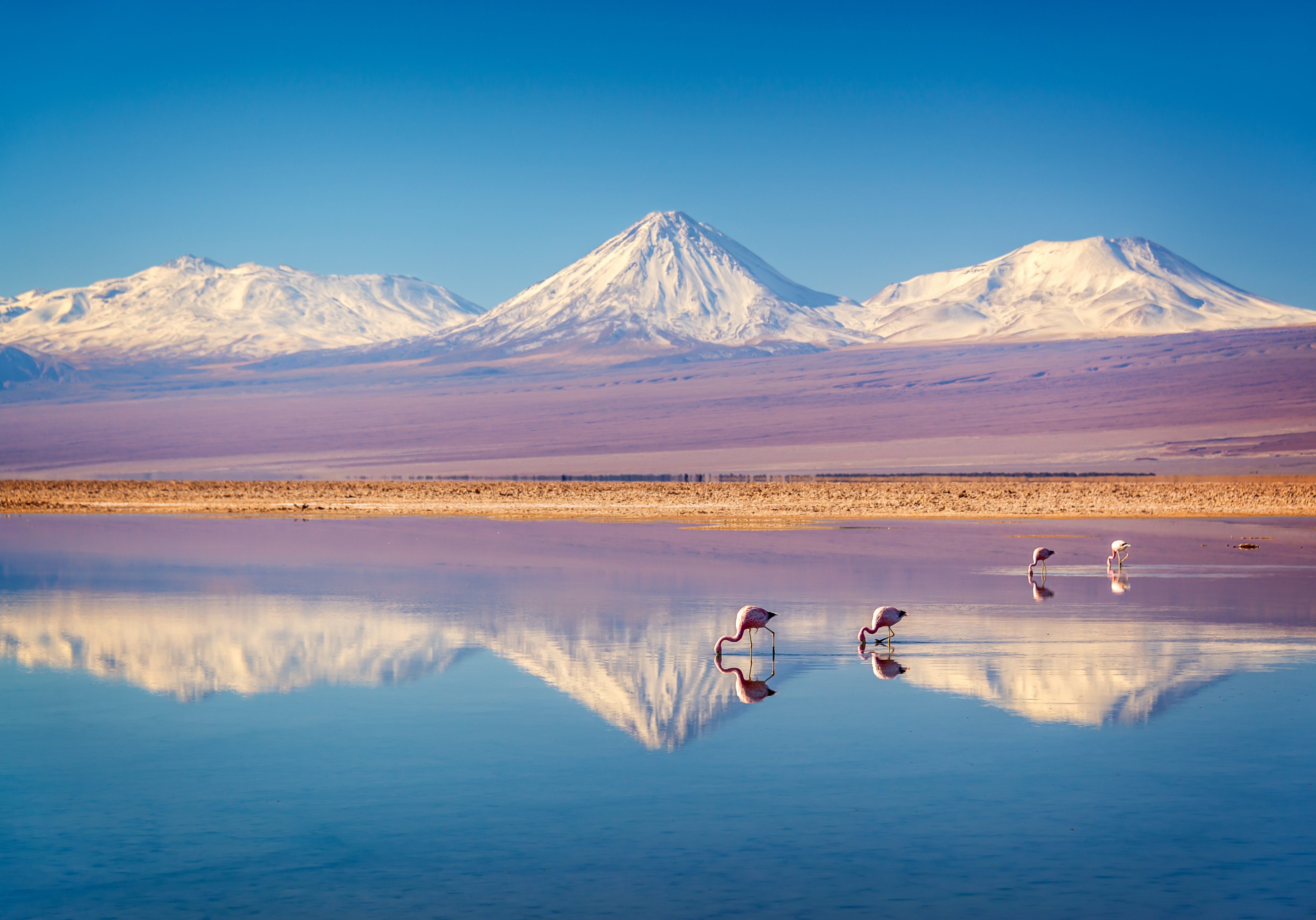
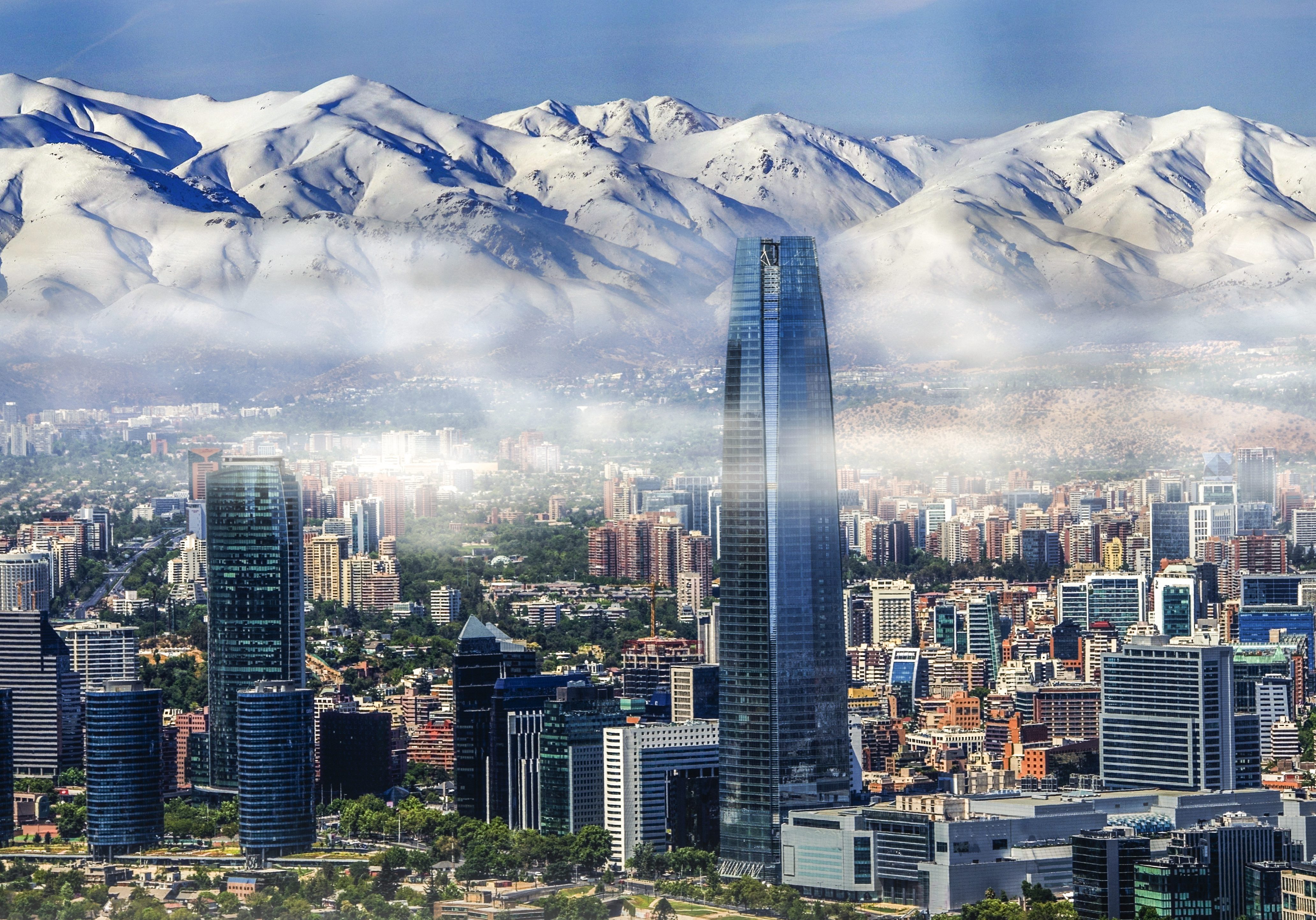
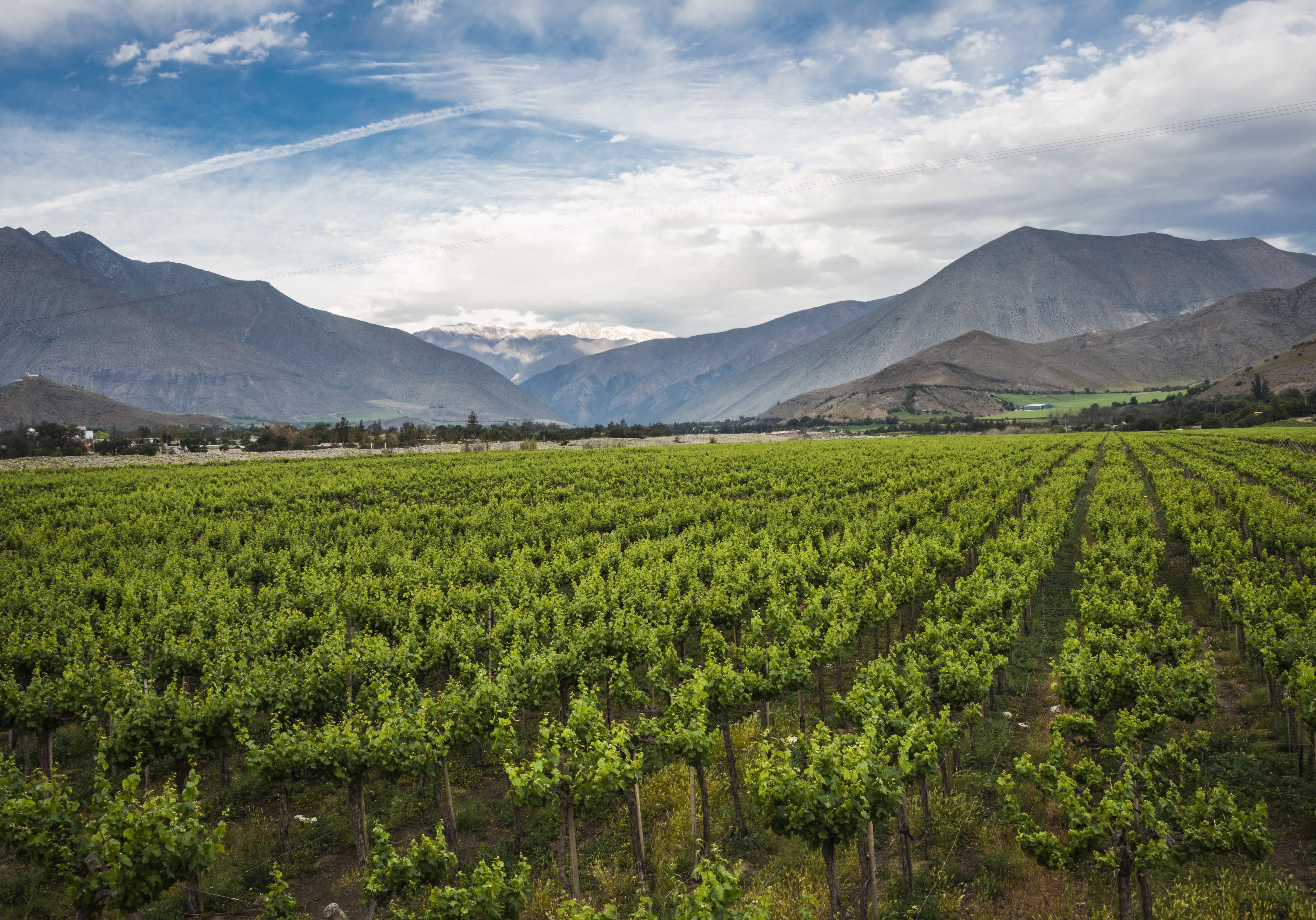
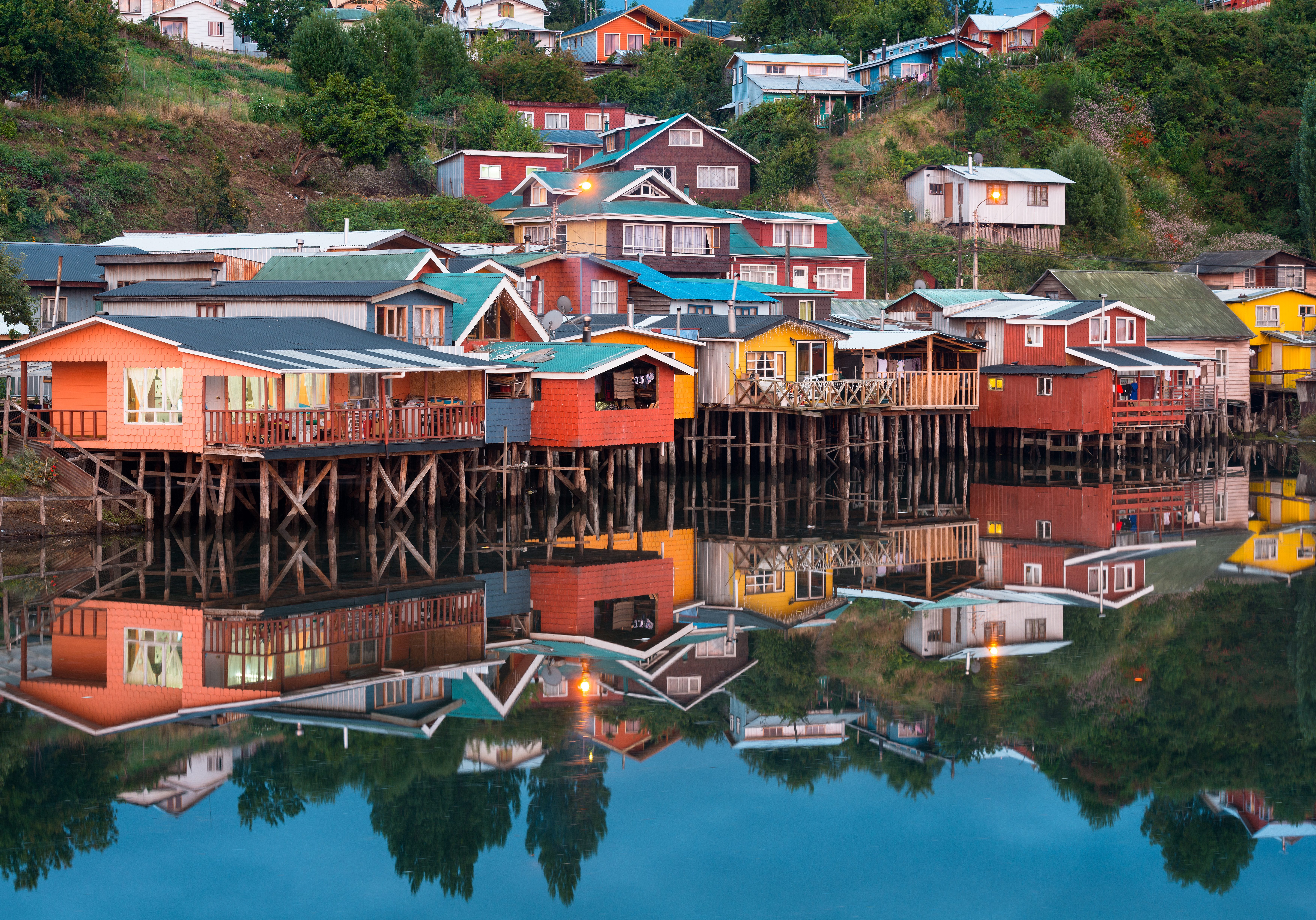

TORRES DEL PAINE
The Torres Del Paine National Park is found in the southern part of Chile (1,960km south of Santiago) on the border of Argentina, covering an area of 1,814 km2 (699 sq. miles). It is famous for its granite mountains the Cordillera del Paine. In 1978 it was designated a World Biosphere Reserve by UNESCO.
These mountains rise out of the landscape like broken fingers. Its diversity of landscapes range from teal and azure lakes to emerald forests, roaring rivers and that one big, radiant blue glacier. Guanacos roam the vast open steppe, while Andean condors soar alongside looming peaks. The park also hosts 26 different mammal species including the elusive Puma.
This region has seen the trekking numbers increase over the years. In 1991 we were lucky to see anyone in the park, today over 2,000 people visit the park daily! Camping grounds and refuge huts are found around the park and there is a multitude of activities that can be done within the park. Trekking, climbing, bird watching, kayaking, wild swimming and cycling are activities that can be found within the boundaries of the park.
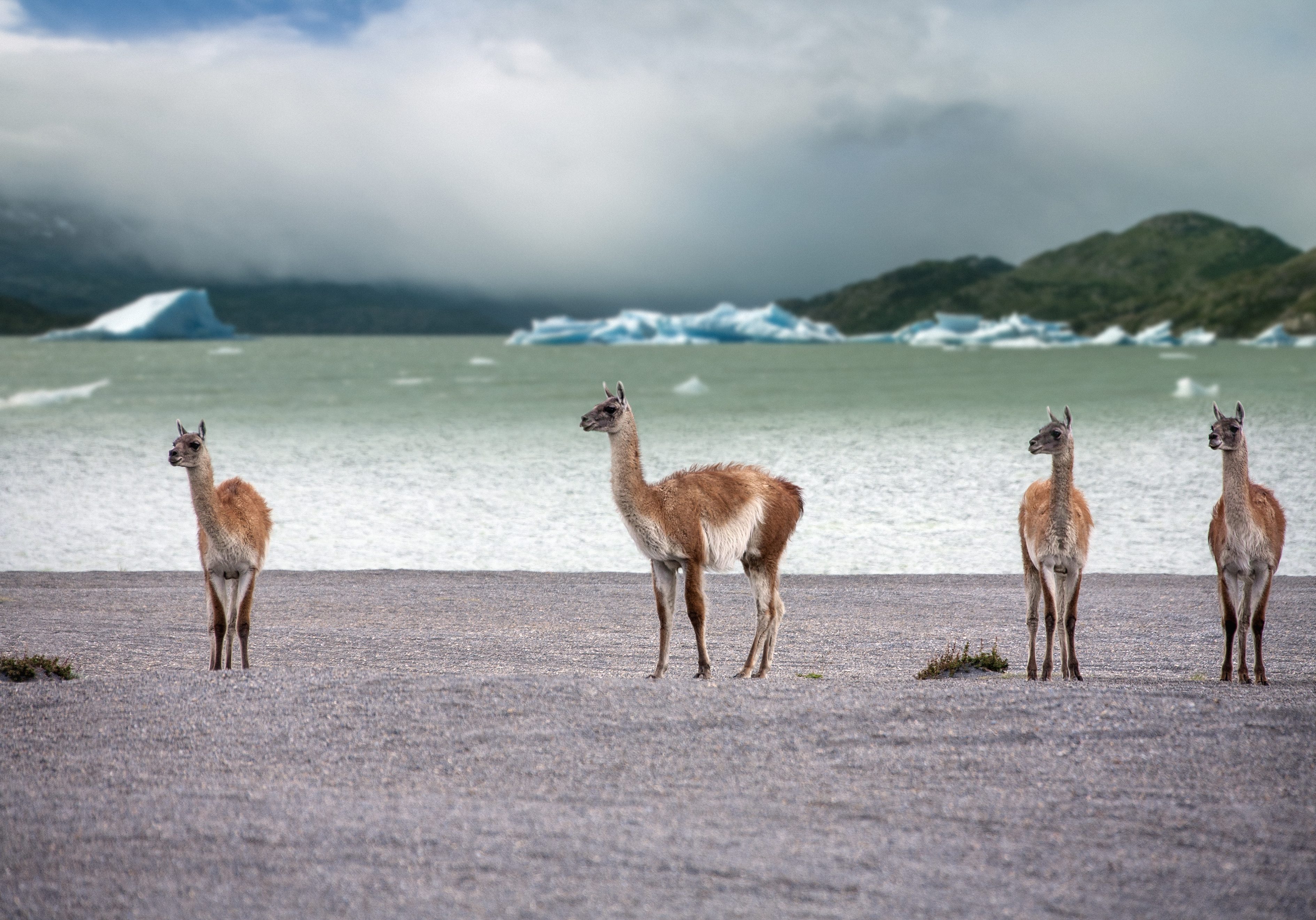
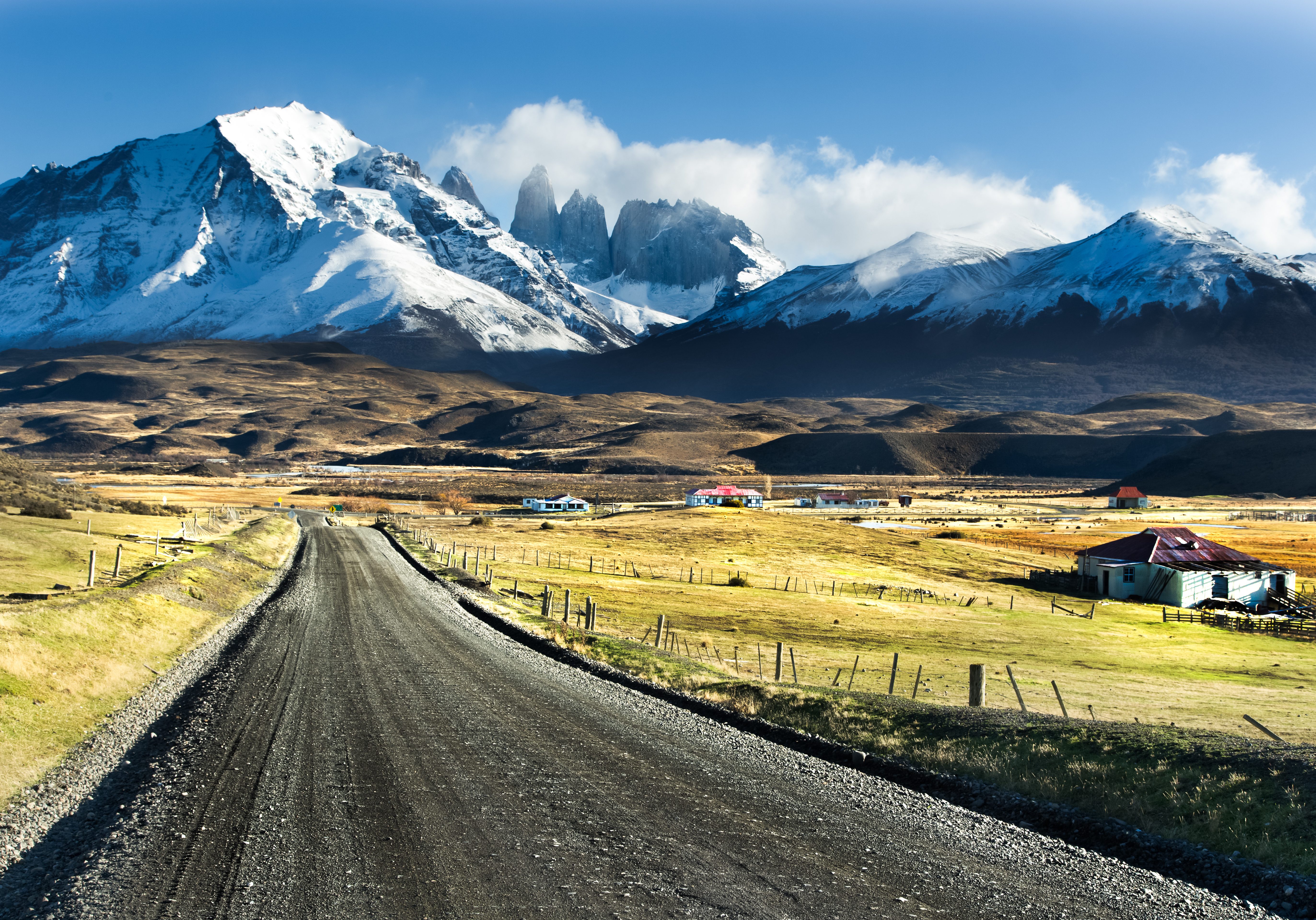

EXPLORING TORRES DEL PAINE
Ensure that prior to arrival you have booked your campsites if camping. There are several hotels within the park, again these require booking in advance.
There are several multi-day hikes within the park. They have called these walks O, Q and W. These walks relate to the shape of the hike when plotted to a map. The most popular hike is W lasting 5 days, weaving through the Patagonian vistas, with views over the granite towers. The O and W trails last between 8 – 10 days and have less footfall than the W circuit if you wish to avoid the mass of humanity. You will also have the greatest chance is seeing the Guanaco and Puma on the lesser travelled paths. The landscape is strewn with glacial boulders, beech forests and grass covered slopes you could mistake parts for Switzerland.
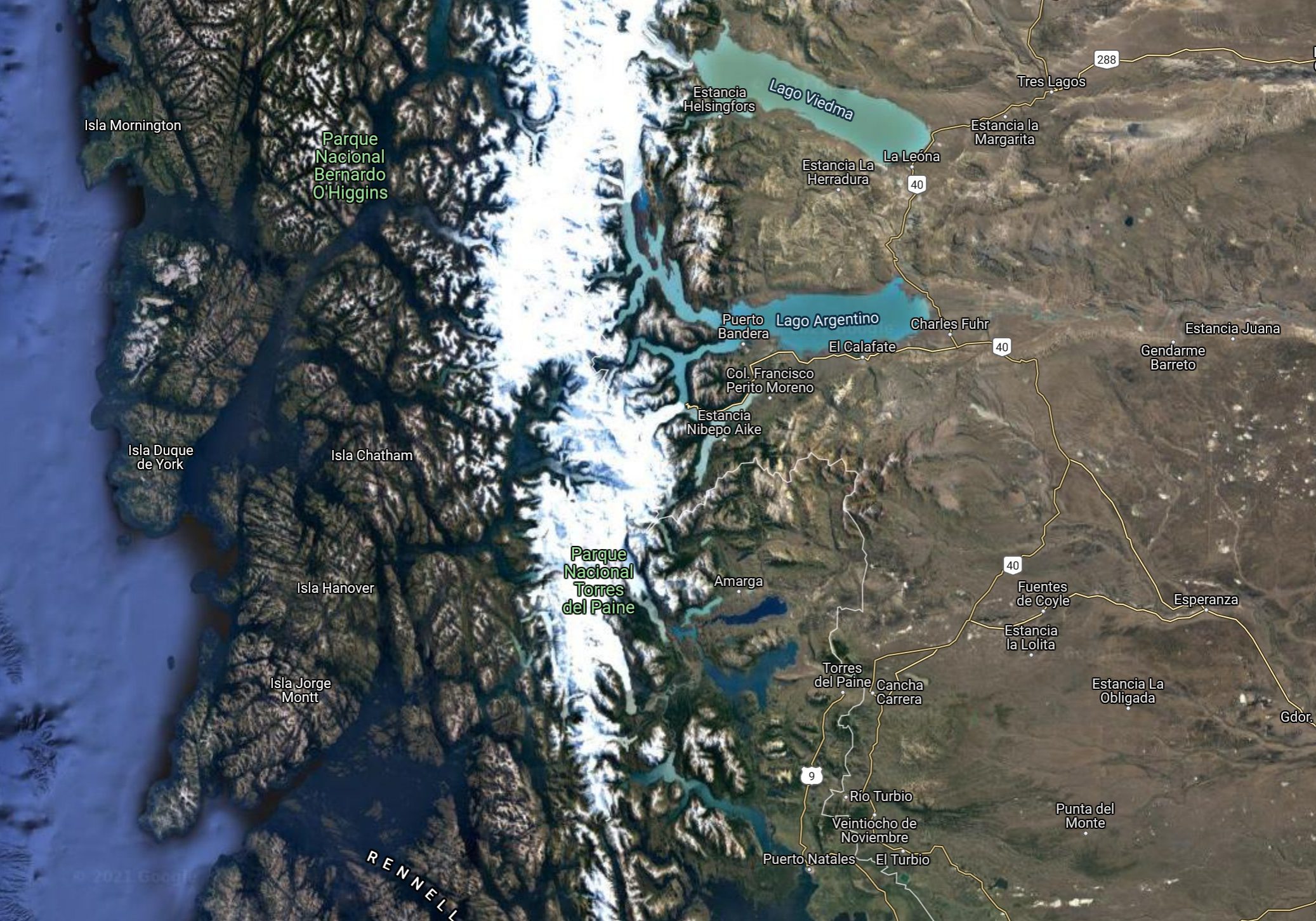
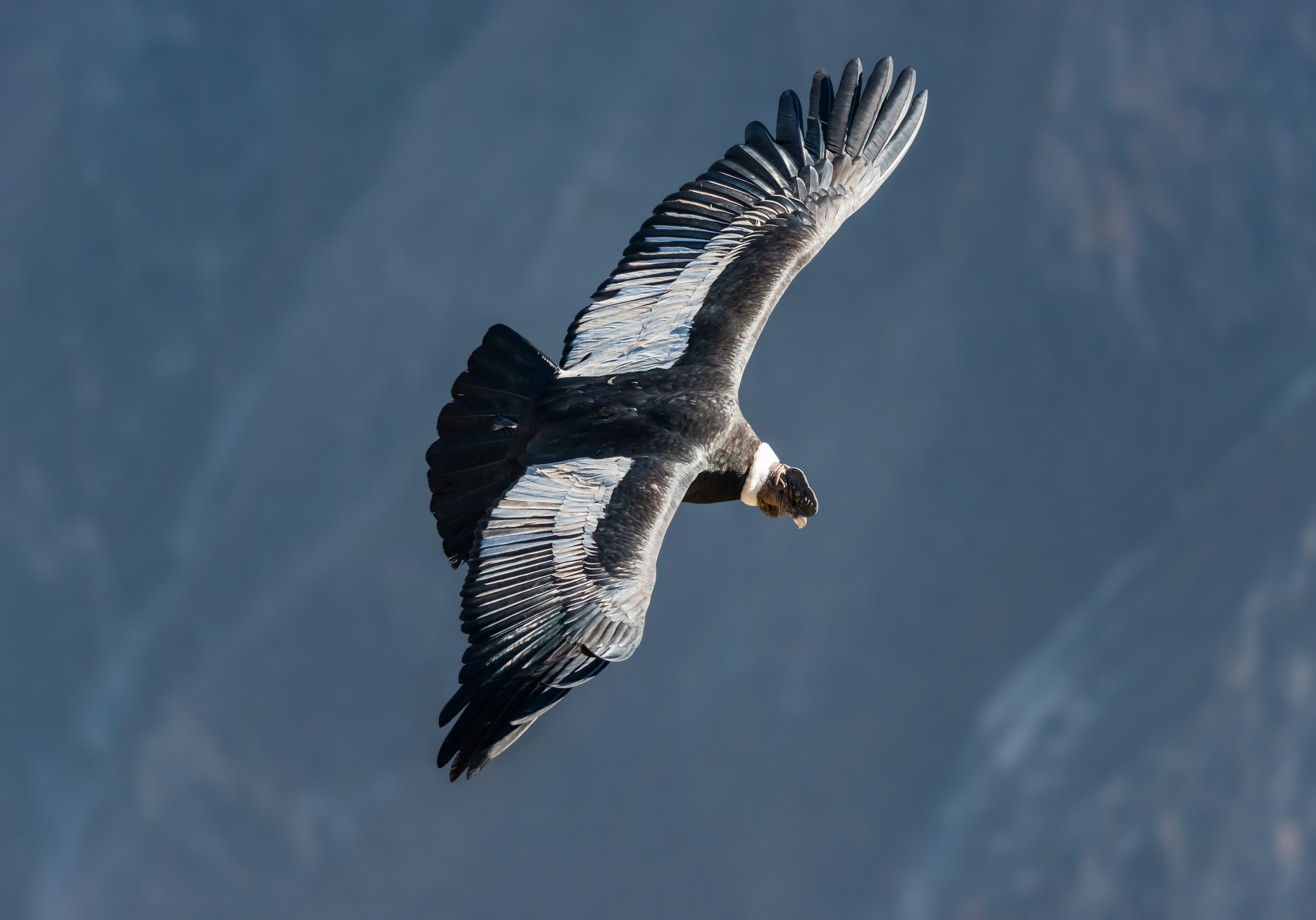
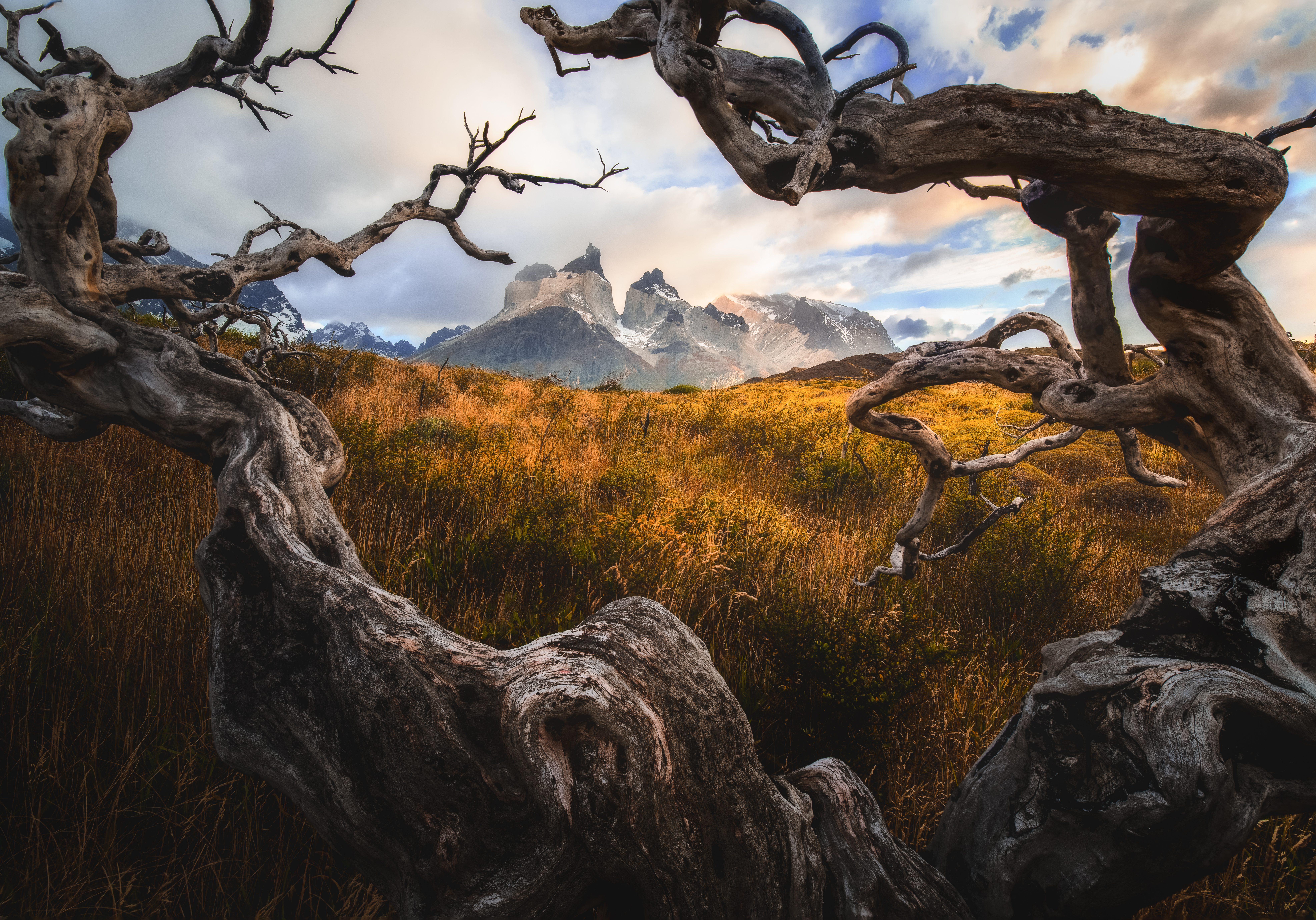
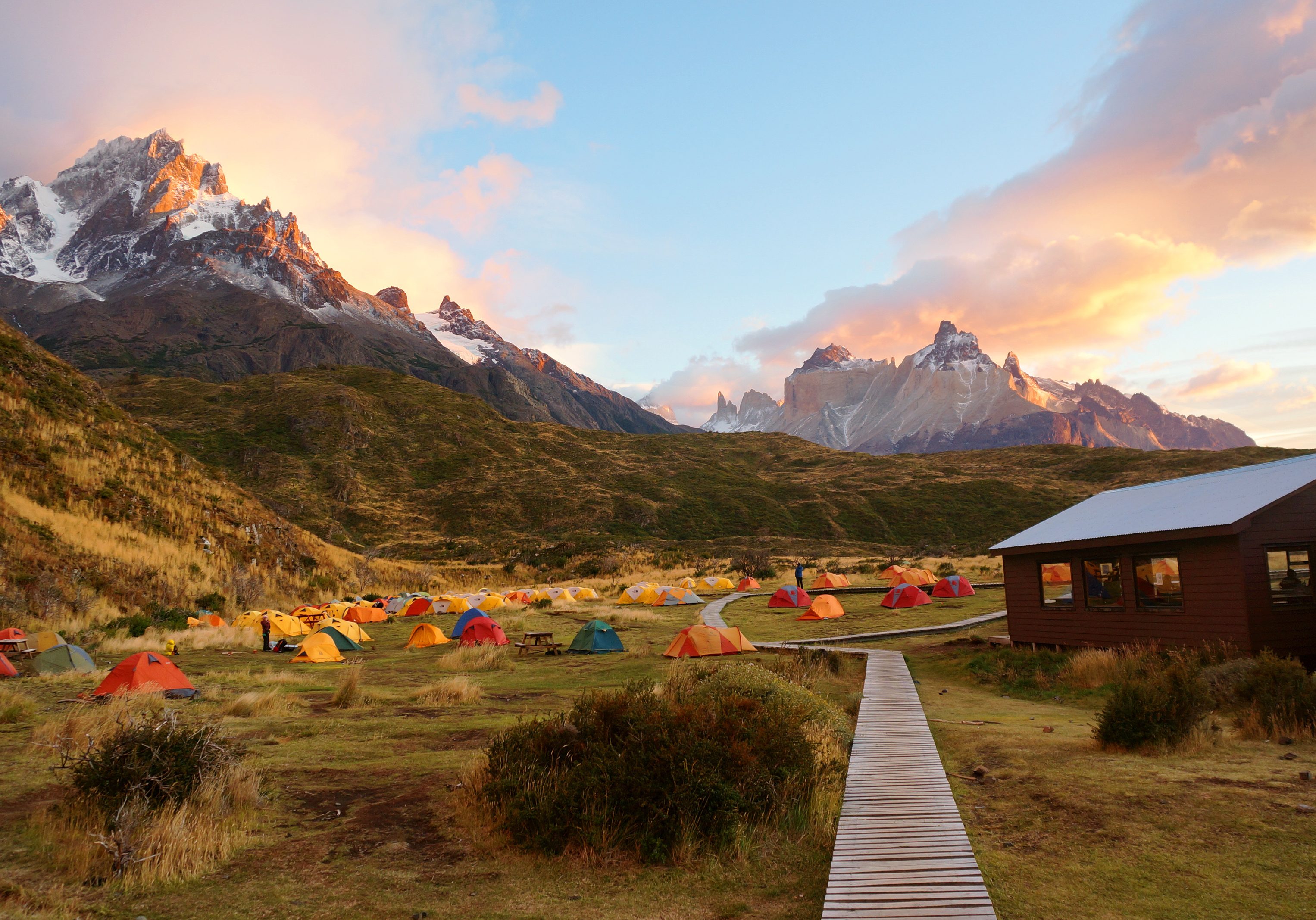

OTHER VENTURES IN THE PARK
KAYAKING
Kayaking in Torres Del Paine allows our intrepid explore the opportunity to see the dramatic fjords and waterways. It also allows you to get close to the glaciers in the Serrano Lagoon, in the remote corner of the National Park, which is inaccessible by foot.
For those keen paddlers there are 3 & 5 day expeditions available which take you further afield to the Serrano Waterfalls, Grey Lake and Grey Glacier whose beauty will leave you in awe of mother nature.
FLY FISHING
I love flyfishing and always carry a poacher’s rod with me when we travel, you never know where you can get a meal (please check with locals!). It is known for Brown Trout, Salmon and Carp to be caught in the rivers and lakes. I tried back in 1991 catching nothing, though plenty of salmon could be seen.
FINAL THOUGHTS
Patagionia has its charms that will make you fall head over heels in love with it. Heading of the beaten path will bring many rewards and it is one of the last great wilds, that will leave you speechless.


